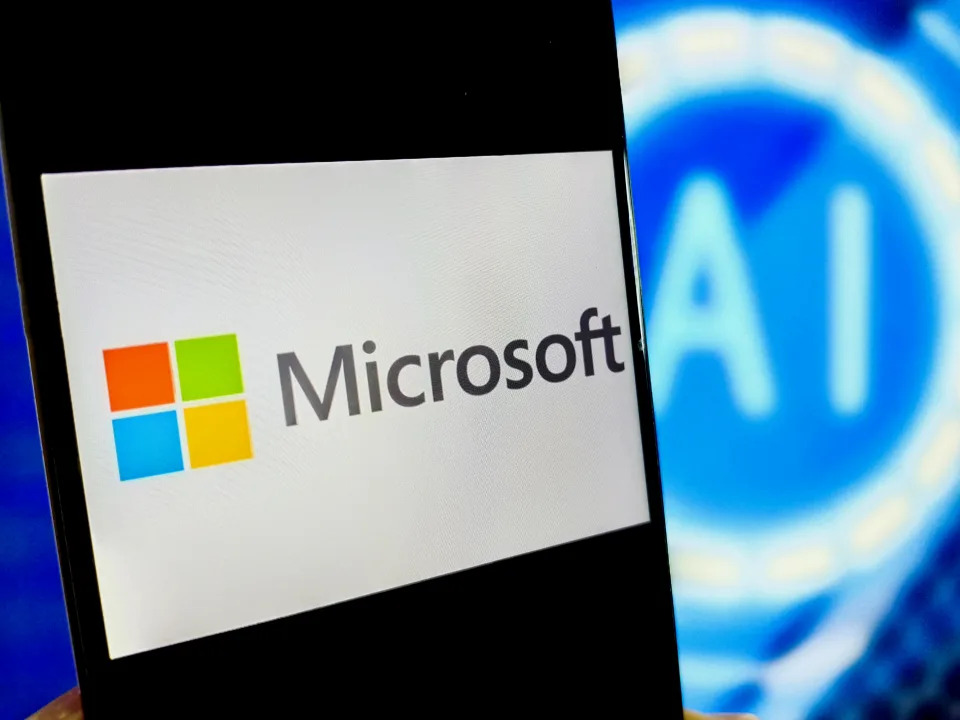Microsoft has reached an agreement with the Communications Workers of America (CWA) union, marking a historic milestone as the company engages in collective bargaining for the first time in the United States. This development involves the inclusion of union contract language specifically addressing the use of artificial intelligence (AI) within Microsoft. The negotiated terms grant employees a platform to voice concerns and challenges regarding the deployment of AI technology.
The focal point of these negotiations pertains to contract language applied to several hundred employees at Microsoft’s game studio ZeniMax, encompassing subsidiaries such as Bethesda and Arkane. The essence of the agreement incorporates Microsoft’s previously declared AI principles, akin to a set of ethical guidelines. This language outlines that AI systems must “treat all people fairly” and “empower everyone.” Consequently, employees covered under the contract now have a formal avenue for recourse should they perceive Microsoft as falling short of its commitments.
As part of this collaborative effort, Microsoft has demonstrated goodwill by converting numerous ZeniMax contract workers into full-time employees. This move is perceived as a potential gesture of sincerity and commitment to the principles outlined in the negotiated contract language.
“The objective outlined in the contract is to guarantee that tools and technologies contribute positively rather than pose harm to workers. According to the stipulated language, Microsoft is obligated to notify the Communications Workers of America (CWA) whenever the implementation of AI or related automation technology has the potential to impact workers. Upon request, the company is further required to engage in sincere negotiations with the CWA regarding such changes. This marks a significant initial stride, particularly considering Microsoft’s extensive involvement in the AI domain through its integration with OpenAI products.
The noteworthy aspect extends beyond Microsoft’s newfound commitment to engaging with unions, given its previous reluctance in this regard. Adding to the significance, Microsoft has forged a partnership with the AFL-CIO, the largest federation of unions in the United States. In this collaboration, both entities have agreed to terms ensuring Microsoft’s neutrality in union-led initiatives aimed at encouraging workers to join.”
The partnership also establishes an “open dialogue” to explore the implications of AI on workers. The AFL-CIO characterizes this collaboration as the “first of its kind between a labor organization and a technology company.” Microsoft has pledged to share pertinent information with labor leaders, offering insights into impactful AI trends, and is committed to considering “worker perspectives” during the development of new technologies.
The shift in approach can be attributed to the prevailing uncertainty surrounding artificial intelligence and its potential impact on workers across various industries. Microsoft seems to position itself as a responsible actor, taking on the role of the “adult in the room” in comparison to competing entities. However, it’s essential to note that Microsoft shareholders recently rejected a proposal aimed at temporarily curbing AI spending until a comprehensive risk-assessment project could be undertaken.




